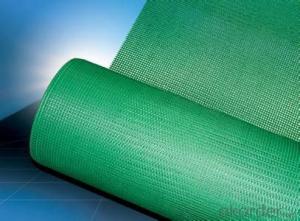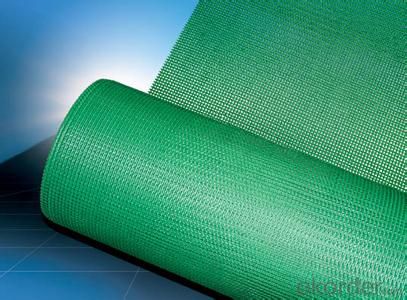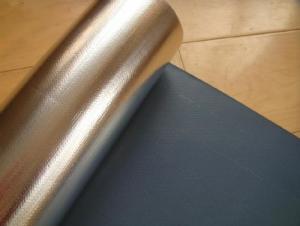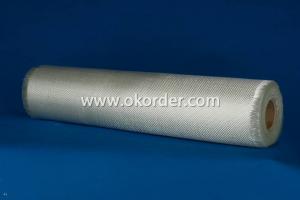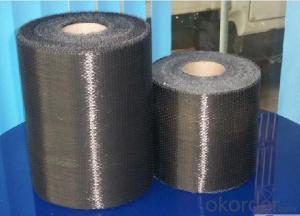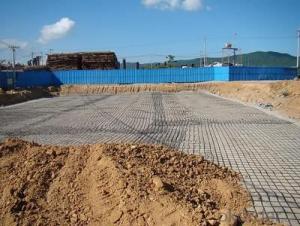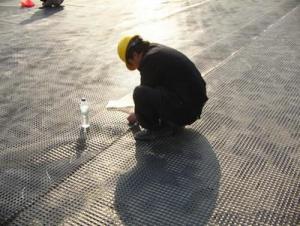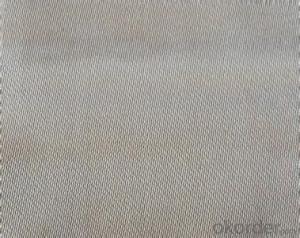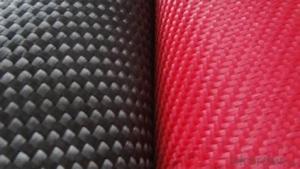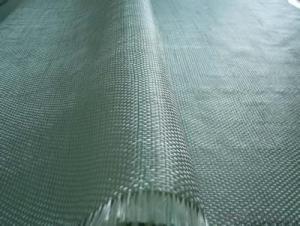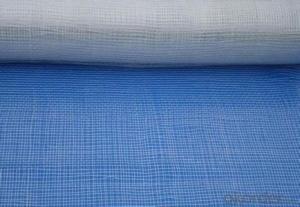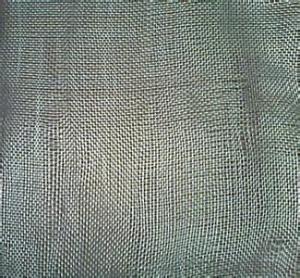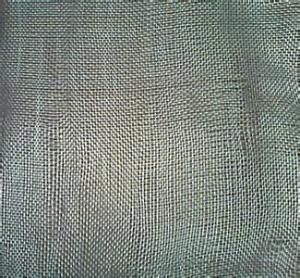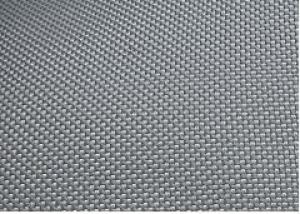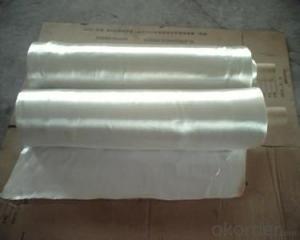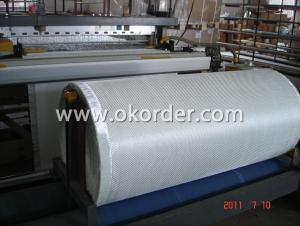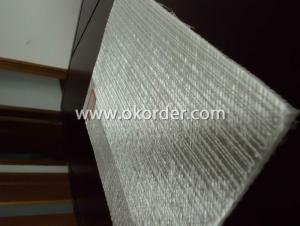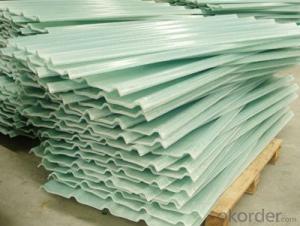High Temperature Silica Cloth Fiberglass Reinforcing Fabric
- Loading Port:
- China Main Port
- Payment Terms:
- TT OR LC
- Min Order Qty:
- -
- Supply Capability:
- -
OKorder Service Pledge
Quality Product, Order Online Tracking, Timely Delivery
OKorder Financial Service
Credit Rating, Credit Services, Credit Purchasing
You Might Also Like
Quick Details
| Place of Origin: | Model Number: | Weight: | |||
| Width: | Length: | Thickness: | |||
| Density: | Use: | Style: | |||
| Feature: | Supply Type: | Yarn Count: | |||
| Material: |
Packaging & Delivery
| Packaging Detail: | we packed 100m as one roll, one roll packed with box |
| Delivery Detail: | 3 days after get the deposit |
Specifications
high silica glass fiber cloth
1,300-1200g/m2
2,plain & Twill Woven
3,E-Glass
4,1000-2000mm
- Q: Is fiberglass fabric resistant to termites?
- No, fiberglass fabric is not resistant to termites.
- Q: How does fiberglass fabric compare to Kevlar fabric?
- Fiberglass fabric and Kevlar fabric have distinct differences in terms of strength and application. While both materials are synthetic fibers, Kevlar fabric is known for its exceptional strength and high resistance to impact and abrasion, making it widely used in ballistic protection, body armor, and aerospace applications. On the other hand, fiberglass fabric is highly heat-resistant and has excellent electrical insulation properties, making it suitable for applications such as insulation in buildings, electrical equipment, and automotive parts. Ultimately, the choice between the two materials depends on the specific requirements of the intended application.
- Q: What are the different widths of fiberglass fabric available?
- Fiberglass fabric comes in various widths, catering to different applications and project needs. The typical range of fiberglass fabric widths spans from 1 inch to 60 inches. Nevertheless, it's crucial to acknowledge that suppliers or manufacturers might provide alternative widths depending on their production capabilities and customer requirements. Moreover, custom widths are usually possible upon request. To ascertain the precise widths of fiberglass fabric offered, it is advisable to consult directly with a supplier or manufacturer.
- Q: How does fiberglass fabric compare to other fabric materials in terms of cost?
- Fiberglass fabric can vary in cost depending on various factors such as quality, thickness, and specific application. Generally, fiberglass fabric tends to be more expensive than traditional fabrics such as cotton or polyester. However, when compared to specialized industrial fabrics like Kevlar or carbon fiber, fiberglass fabric often offers a more cost-effective solution. Fiberglass fabric's affordability is mainly due to its wide availability and relatively low production costs. Additionally, fiberglass fabric's durability and longevity can contribute to cost savings in the long run, as it may require less frequent replacement or repair compared to other fabric materials. Overall, while fiberglass fabric may not be the cheapest fabric material available, it is often considered a cost-effective choice for various applications.
- Q: Can fiberglass fabrics be used for reinforcement in boats or yachts?
- Yes, fiberglass fabrics can definitely be used for reinforcement in boats or yachts. Fiberglass is a strong and lightweight material that is widely used in the marine industry for its excellent strength-to-weight ratio. It is commonly used in boat construction and repair to reinforce various parts of the vessel, such as the hull, deck, and bulkheads. Fiberglass fabrics are typically woven from fiberglass strands, which are then saturated with a resin and hardened to form a solid composite material. This combination of fiberglass and resin creates a strong and durable material that can withstand the harsh conditions of the marine environment, including exposure to water, UV rays, and salt. By using fiberglass fabrics for reinforcement, boat and yacht manufacturers can increase the structural integrity of the vessel, making it more resistant to impacts, stress, and flexing. Fiberglass also provides excellent stiffness and rigidity, which helps maintain the boat's shape and stability, even in rough waters. Moreover, fiberglass is highly versatile and can be molded into various shapes and forms, allowing for the creation of complex boat structures and components. It can be easily layered and applied to different areas of the boat, providing customized reinforcement as needed. Overall, fiberglass fabrics are an excellent choice for reinforcement in boats or yachts due to their strength, lightweight nature, durability, and versatility.
- Q: How does fiberglass fabric handle repeated flexing and stretching?
- Fiberglass fabric handles repeated flexing and stretching quite well. Its inherent strength and flexibility allow it to withstand continuous bending and stretching without losing its shape or integrity. The unique properties of fiberglass, including its high tensile strength and resistance to fatigue, make it an excellent choice for applications that require durability and long-lasting performance even under repetitive flexing and stretching.
- Q: Can fiberglass fabric be used for electrical cables?
- Indeed, electrical cables can make use of fiberglass fabric. Renowned for its exceptional electrical insulation capabilities, fiberglass fabric is well-suited for scenarios necessitating the reduction of electrical conductivity. It can serve as a protective outer layer or insulation within electrical cables, effectively safeguarding against electrical shocks and short circuits. Moreover, fiberglass fabric's resistance to heat, fire, and chemicals amplifies its suitability for electrical cable applications.
- Q: Can fiberglass fabric be used for tents and awnings?
- Yes, fiberglass fabric can indeed be used for tents and awnings. Fiberglass fabric is a popular choice for outdoor applications due to its durability, strength, and resistance to harsh weather conditions. It is lightweight yet sturdy, making it an ideal material for tents and awnings. Additionally, fiberglass fabric is fire-resistant and provides excellent UV protection, ensuring a safe and comfortable outdoor experience. It also offers good insulation properties, helping to maintain a comfortable temperature inside the tent or under the awning. Overall, fiberglass fabric is a reliable and versatile option for tents and awnings, providing both protection and durability in various outdoor settings.
- Q: Can fiberglass fabric be used for making air ducts?
- Air ducts can be made using fiberglass fabric, which is a versatile material commonly found in various industries, including HVAC. This material provides several benefits when used in air duct applications. To begin with, fiberglass fabric is lightweight, making it easier to handle and install compared to alternative materials like sheet metal. This leads to faster and more cost-effective installation processes. Furthermore, fiberglass fabric is non-porous, meaning it resists moisture, mold, and mildew. This is especially important in air ducts as it helps maintain indoor air quality by preventing the growth of harmful bacteria and fungi. In addition, fiberglass fabric offers excellent thermal insulation properties, effectively retaining heat or cold air. This improves energy efficiency by reducing heat transfer and minimizing energy losses. Moreover, fiberglass fabric is known for its fire-resistant properties, making it a safe choice for air duct applications. It has a high melting point and does not emit toxic gases when exposed to fire, ensuring the safety of occupants in case of a fire incident. Lastly, fiberglass fabric is flexible and easily molded and shaped to fit different duct configurations, including bends and turns. This flexibility allows for easy customization and adaptation to various building layouts. Overall, fiberglass fabric is a suitable material for making air ducts due to its lightweight, non-porous, thermal insulation, fire-resistant, and flexible properties. However, it is important to ensure that the fiberglass fabric used for air ducts meets the necessary industry standards and regulations to ensure proper performance and safety.
- Q: How is fiberglass fabric used in the sports and recreation industry?
- Fiberglass fabric is widely used in the sports and recreation industry due to its unique properties that make it an ideal material for various applications. One of the primary uses of fiberglass fabric in this industry is for the construction of sporting equipment such as boats, surfboards, and skis. In boat building, fiberglass fabric is commonly used to reinforce the structure of the hull, providing strength and durability. The fabric is impregnated with a resin, usually epoxy or polyester, which creates a rigid and lightweight composite material. This makes fiberglass boats highly resistant to impact, water damage, and corrosion, making them suitable for various water sports such as sailing, fishing, and water skiing. Similarly, fiberglass fabric is extensively used in the production of surfboards. The fabric is layered on a foam core, and a resin is applied to create a rigid and buoyant board. Fiberglass surfboards are known for their stability, responsiveness, and durability, making them popular among surfers of all skill levels. Another area where fiberglass fabric finds application is in the manufacturing of skis and snowboards. The fabric is used as a reinforcement layer on the core of the ski or snowboard, providing torsional rigidity and strength. This enhances the performance and stability of the equipment, allowing athletes to navigate through various snow conditions with ease and control. Furthermore, fiberglass fabric is utilized in the production of sports protective gear such as helmets, shin guards, and body armor. The fabric's high tensile strength, impact resistance, and lightweight nature make it an excellent choice for enhancing the safety of athletes. Fiberglass-reinforced helmets, for example, can absorb and distribute impact forces, reducing the risk of head injuries in contact sports like football and hockey. Overall, fiberglass fabric plays a crucial role in the sports and recreation industry by providing strength, durability, and performance-enhancing properties to various equipment and protective gear. Its versatility and ability to be molded into different shapes make it a preferred material for athletes and sports enthusiasts worldwide.
Send your message to us
High Temperature Silica Cloth Fiberglass Reinforcing Fabric
- Loading Port:
- China Main Port
- Payment Terms:
- TT OR LC
- Min Order Qty:
- -
- Supply Capability:
- -
OKorder Service Pledge
Quality Product, Order Online Tracking, Timely Delivery
OKorder Financial Service
Credit Rating, Credit Services, Credit Purchasing
Similar products
Hot products
Hot Searches
Related keywords
